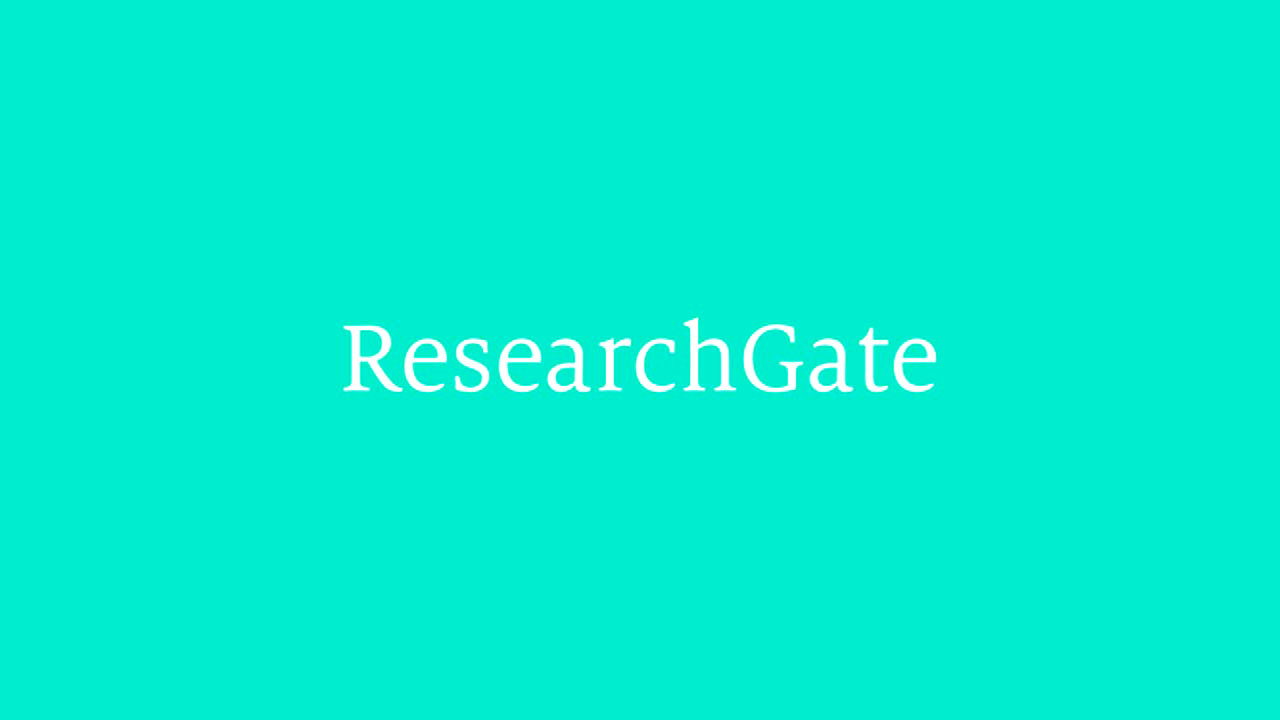افراد دارای معلولیت در مقایسه با جمعیت عمومی به احتمال زیاد وضعیت بهداشتی ضعیف تری را تجربه می کنند. با این حال ، مسائل بهداشتی آنها به اندازه کافی مورد توجه سیاستگذاران قرار نمی گیرد. مقاله زیر با هدف شناسایی عواملی که مانع از مشکلات سلامتی افراد دارای معلولیت می شود در دستور کار قرار گرفت
Abstract
Objective People with disabilities are more likely to experience poorer health status, compared to the general population; however, their health issues do not receive enough attention from policymakers. This article aimed to identify the factors that hinder the health problems of people with disabilities to be on the national agenda in Iran. Materials & Methods This phenomenological qualitative research was conducted in Tehran City, Iran, from September 2015 to March 2017. We conducted 22 quasi-structured face to face interviews with relevant policymakers at the national level. Snowball sampling method was applied to identify the interviewees. The interviewees were well-informed and had long and valuable experiences in the field of policy making for people with disabilities. The policymakers from a verity of public organizations, ministries, non-governmental organizations, Islamic Consultative Assembly, Tehran municipality and the health insurance organizations participated in the study. We used an interview guide in data collection process which covered the main study questions. On average, the interviews lasted about 30 minutes to 1.5 hours. The validity of the study was assessed through member checking. Thematic analysis was performed in three steps to identify the main concepts of the study. In open coding, identifying, naming and describing phenomena in the text were performed. Following open coding, codes were grouped into several subcategories. Then, the main concept of the study was created by formulating a general description of generated subcategories. We used MAXQDA to analyze the obtained data. Results We found three main categories and 13 subcategories. In the influence category, three subcategories were created; low influence in the policy process, the lack of structural independence, the inferiority of associations and nongovernmental organizations’ positions for policymakers and the low ability in lobbying and networking. In the minority category, we found 6 subcategories consisting of more attention to public health issues by policymakers, neglect of the specific needs of minority groups by health policymakers, policymakers’ unattractiveness in the health problems of people with disabilities, the lack of significant financial and political benefits for policymakers, the lack of awareness about the health issues of people with disabilities, and the inferiority of disability issues for policymakers. In the category of lack of integrated voice, three subcategories were created, including a lack of integration among people with disabilities, inattention to personal and group interests and the lack of coherent communication networks. Conclusion To meet their requirements, it is essential to enhance the influence of people with disabilities, associations and the welfare organization in the policy making process. This can be achieved by increasing the interaction of significant individuals in the disability area with other key policymakers in other sectors. Running campaigns, engaging with celebrities as well as experienced and influential managers, and the systematic use of media and social networks may improve policymakers’ attention to prioritizing health issues of people with disabilities.



No responses yet